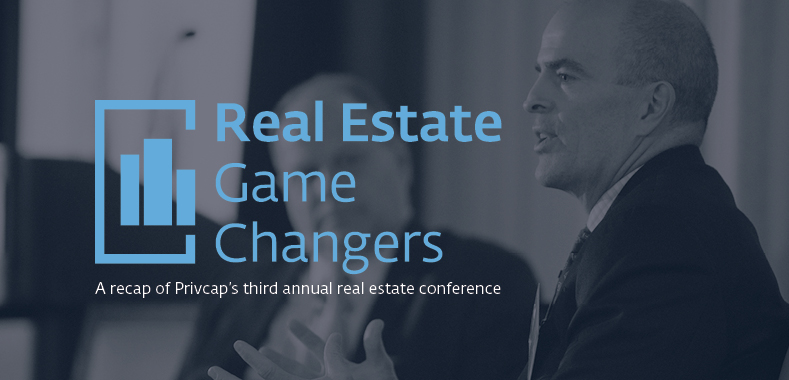Six RE Fundraising Trends You Need to Know Now
Insights from Goodwin’s Matt Giles
-
Large investors demand co-investment priority

Goodwin
Increasingly, sovereign wealth funds, pensions and other large institutions are demanding priority for co-investment from their investment managers. They’re seeking lower fees and more control, and many of their managers are acceding to their requests.
This can add a layer of complexity to a fund; these deals often are negotiated as side letters to the limited partner agreement and can increase administrative and reporting burdens. It also requires an extra layer of transparency, because smaller investors want to make sure they’re not getting the short end of the stick.
In response to the increased demand, some managers are creating standalone vehicles with the aim of expediting the process. In practice, one of the main challenges of co-investment is timing—sponsors often need their co-investors to act quickly.
-
Investment allocation policies are top of mind
As investors have become more sophisticated, investment allocation policies have become increasingly important.
That’s particularly so when a manager runs multiple real estate vehicles and the strategies of those vehicles overlap. Investors (and regulators) want to make sure there’s a clear process for allocating investments to each vehicle. Oftentimes, the policy is based on “rotation,” with each vehicle getting an investment in turn.
These policies have taken on greater significance as managers look to expand their offerings in the form of separate accounts. All investors want to know that you’re focusing on their investments, and a transparent allocation policy can set them at ease.
-
“End of life” issues are being negotiated now
The real estate world is still dealing with the fallout from the financial crisis, particularly for funds closed in the 2005-2009 period. The lesson: investors and managers need to think through what happens when the typical 10-year fund cycle nears its end.
When that happens, the fund needs to consider how it will handle everything from fees to possible liquidation. Some issues are easier than others. For instance, if a building is being sold late in a fund’s life and that sale requires keeping adequate cash on hand for a period of time, managers and investors can typically come to an agreement in real time to accommodate the sale.
Issues like fees can often be addressed up front, with the understanding that things can always be renegotiated as circumstances change.
-
Managers want longer investment periods
Managers are seeking more flexibility in deploying capital. That flexibility is meant to boost returns—no manager wants to be forced into subpar deals due to an arbitrary timeline. Investors, on the other hand, are sensitive about paying fees, particularly commitment-based fees, and longer investment periods can mean higher costs.
Most funds still operate on the typical four-to-five-year investment period, but those who have been successful in lengthening it point to the financial crisis to show how flexibility can be particularly useful in times of distress.
-
The “key-person clause” is key
Investors are increasingly asking managers questions about the GP’s internal structure. How do you share carry? Who makes decisions? Succession issues cause even more anxiety. If the founder gets hit by a bus, who’s calling the shots? Such questions inevitably lead to a discussion of the so-called key-person clause and succession planning. Many older real estate funds are looking to expand their key-person provisions to reflect the growth and development of the firm, and demonstrate that it’s not a one-person show. But it’s a delicate balance, as investors like continuity. The best managers are actively engaged with their investors, showcasing and introducing the next generation of leaders well before it’s time for them to take over.
-
The use of credit is under scrutiny
Subscription credit facilities have long been used in real estate—managers like them because they can conserve investor capital to fund expenses and deals. But one potential downside for investors is that by delaying capital calls, managers may get into the promote earlier than they would otherwise.
Gone are the days when a fund could delay all capital calls until a final closing to pump up fees, as investors typically require restrictions on how borrowings can remain outstanding. The SEC is actively monitoring funds to make sure proper disclosures are made—not just that a manager has a credit facility, but how they use it, and how it impacts their returns and compensation.
Insights from Goodwin’s Matt Giles















